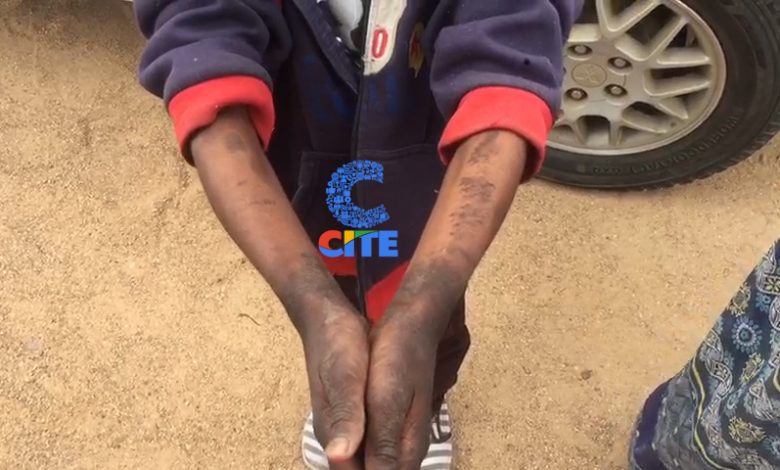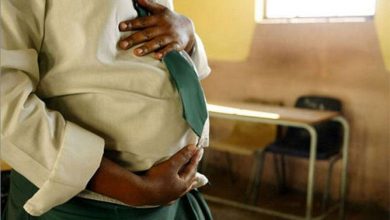Council probes skin disease ‘outbreak’ in Luveve

Bulawayo’s Health Services Department has dispatched a team of nurses to Luveve to investigate a ‘skin condition’ that broke out after residents drank contaminated water.
At least 13 people died while thousands of residents were affected from a diarrhoea outbreak that occurred after they drank contaminated tap water.
Some of the affected residents have since developed skin problems.
The skin on their hands is peeling off, leaving behind blotched, patched parts while their lips are also cracking, which could mean the effects of drinking contaminated water go beyond gastroenteritis.
CITE saw some of the affected residents including a Grade Four learner from Mafakela Primary who was in the company of his grandmother, Joyce Dhliwayo of Old Luveve.
Dhliwayo said her grandchild experienced the skin condition after having a running stomach caused by the contaminated water.
“Usually when water comes back on the taps, most people will opt for it saying, ‘it’s fresh water’ but this water was black and green. My grandchild (name supplied), Khulu Ndlovu, Gogo uMaNcube and another child from the suburb (name also supplied) were the most affected as their skin started changing and cracking,” she said.
The grandmother said she initially took her grandchild to Mpilo Hospital but could not afford treatment, forcing her to sell her Television set to foot the hospital bill.
“My grandchild started off with a running tummy then the skin problem broke out, his hands cracked even inside the palms and fingers, while his arms changed to a black colour. I didn’t receive help from the hospital because we had to pay for treatment.
“My grandchild was admitted and that cost money, which I didn’t have. I had to sell my TV to pay for the admission. I paid ZWL$400 for his one night’s admission,” Dhliwayo said.
“Help later came from the clinic as he was given pills. I’m still taking him there but we were not given any ointment to apply. My grandchild is an orphan, his parents died and I am also unemployed so I can’t afford to buy some of the medicine that was prescribed.”
Another Luveve resident, Saneliso Moyo (50) suffered almost the same skin condition.
“When the water crisis broke out, I developed stomach pains, stemming from my navel. After a period of two to three weeks, my skin started changing colour turning black, I don’t know what caused this reaction. As I said I developed stomach cramps but I wasn’t running, I also lost appetite and felt weak. The clinic gave me sachets to drink,” she said.
At first, Moyo thought her skin was changing colour due to the weather but realised it started after drinking the contaminated water.
“I don’t know what the city council must do but I have been a Bulawayo resident for a long time. I was a teacher for a long period of time working for the Luveve community and I even worked for several NGOS but I haven’t come across such a situation,” she said.
In an interview with CITE, Director Health Services, Dr Edwin Sibanda, said the cause of the skin condition would have to be investigated immediately.
“I have sent nurses to check on the affected residents (this was after CITE gave him Dhliwayo’s address and pictures of her grandchild). What comes to mind is pellagra but I can’t say for sure until we have established and evaluated the condition they have or what is causing this discolouration of skin. Micro haemorrhages or petechial haemorrhages maybe a possibility,” he said.
About a week ago, a social movement called the Community Action group for Good Governance, said it had observed that some Luveve residents were suffering from changing skin colour.
The group’s chairperson, Nikiwe Ncube -Tshabalala, pointed out more health complications would arise due to the contaminated water.
“When we went to Luveve, we saw some residents had pale skin, which was turning black and their lips were cracking. We can’t conclusively say what the cause is because it needs thorough examination from medical personnel,” she said.
Another activist, Patricia Tshabalala, added the group handed out Vaseline to the affected families to apply on their skin and cracked lips.






